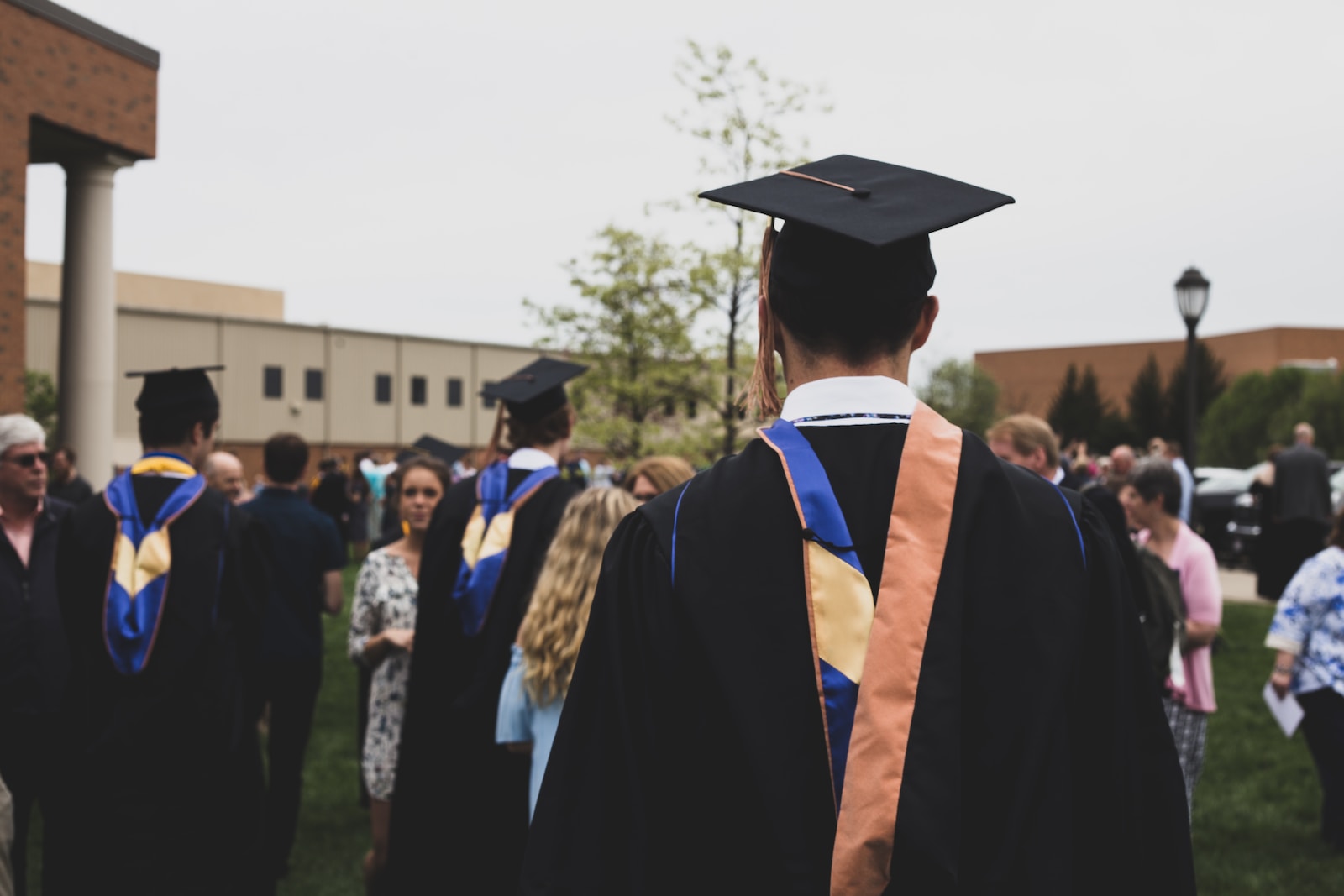The Deep-Rooted Connection Between Resilience and Academic Performance: A Comprehensive Guide for Educators, Parents, and Students
Introduction
When it comes to education, the spotlight often shines brightest on academic performance—grades, test scores, and other quantifiable metrics. While these are undeniably important, they don’t tell the whole story. Lurking beneath the surface is a less visible but equally vital factor: resilience. This comprehensive guide aims to delve deep into the intricate connection between resilience and academic performance, providing valuable insights and actionable strategies for educators, parents, and students.
What Exactly is Resilience?
Resilience is a multi-faceted concept that goes beyond the ability to bounce back from setbacks. It encompasses emotional intelligence, problem-solving skills, a growth mindset, and the capacity to adapt and thrive in the face of adversity. Resilience is not a static trait but a dynamic process that can be nurtured and developed over time.
The Direct Impact of Resilience on Academic Performance
Stress Management and Emotional Regulation
The school environment is often a hotbed of stress, with looming deadlines, challenging exams, and social dynamics adding layers of complexity. Resilient students have a toolkit of emotional regulation strategies that allow them to manage stress effectively. This emotional stability enables them to approach academic challenges with a level head, leading to better performance.
How Educators Can Help:
- Introduce stress management techniques like deep breathing exercises or short meditation sessions before exams.
- Create a classroom culture where emotional expression is accepted and encouraged.
Enhanced Focus and Concentration
Resilience equips students with the skills to tune out distractions and focus on the task at hand. Mindfulness, a component of resilience, teaches students to be present in the moment, which is crucial for tasks that require deep concentration, such as studying or taking exams.
How Parents Can Help:
- Encourage mindfulness practices at home, such as mindful eating or mindful walking.
- Set up a dedicated, distraction-free study space to help your child focus.
Superior Problem-Solving and Critical Thinking
Resilient individuals are excellent problem solvers. They see challenges as puzzles to be solved rather than insurmountable obstacles. This perspective is invaluable in academic settings, where problem-solving and critical thinking are often the keys to success.
How Students Can Help Themselves:
- Approach academic challenges with curiosity rather than dread.
- Break down complex problems into smaller, more manageable parts.
The Indirect Impact of Resilience on Academic Performance
Social Relationships and Peer Support
Resilient students tend to have healthier social relationships. These relationships can serve as emotional safety nets, providing support and encouragement, which indirectly boosts academic performance.
How Educators Can Help:
- Foster a classroom environment that encourages collaboration and peer support.
- Use team-building exercises to strengthen social bonds among students.
Increased Engagement and Intrinsic Motivation
Resilient students are more likely to be engaged in their learning. They see the value in educational activities and are intrinsically motivated to succeed, factors that are closely linked to academic performance.
How Parents Can Help:
- Encourage a love for learning by exposing your child to a variety of subjects and activities.
- Praise effort and improvement, not just good grades and achievements.
Long-Term Academic and Career Success
The benefits of resilience extend far beyond the classroom walls. Resilient individuals are better equipped to tackle the challenges of higher education and the workplace, leading to long-term academic and career success.
How Students Can Help Themselves:
- Develop a long-term vision for academic and career success.
- Use setbacks as learning opportunities to improve and grow.
Actionable Strategies for Building Resilience to Boost Academic Performance
For Educators:
- Integrate resilience-building activities into the curriculum, such as journaling, role-playing, or group discussions on overcoming challenges.
- Provide constructive feedback that focuses on how students can improve, fostering a growth mindset.
For Parents:
- Be emotionally available for your children, providing a safe space for them to express their feelings and concerns.
- Model resilient behavior by sharing how you overcome challenges in your own life.
For Students:
- Develop a personal resilience toolkit filled with strategies and techniques that work for you, such as deep breathing, positive affirmations, or visualization exercises.
- Seek out mentors or role models who exemplify resilience and learn from their experiences.
Conclusion
The connection between resilience and academic performance is both profound and multi-dimensional. It affects a student’s ability to manage stress, focus on tasks, solve problems, and even form healthy social relationships. By understanding and nurturing this connection, educators, parents, and students can unlock a host of long-term benefits, from improved grades to a more fulfilling educational experience. Resilience is not just an add-on to education; it’s a fundamental skill that enriches the academic journey, equipping students with the emotional and intellectual tools they need to succeed in school and beyond.

0 responses to “Resilience and Academic Performance: The Unseen Connection That Drives Student Success”